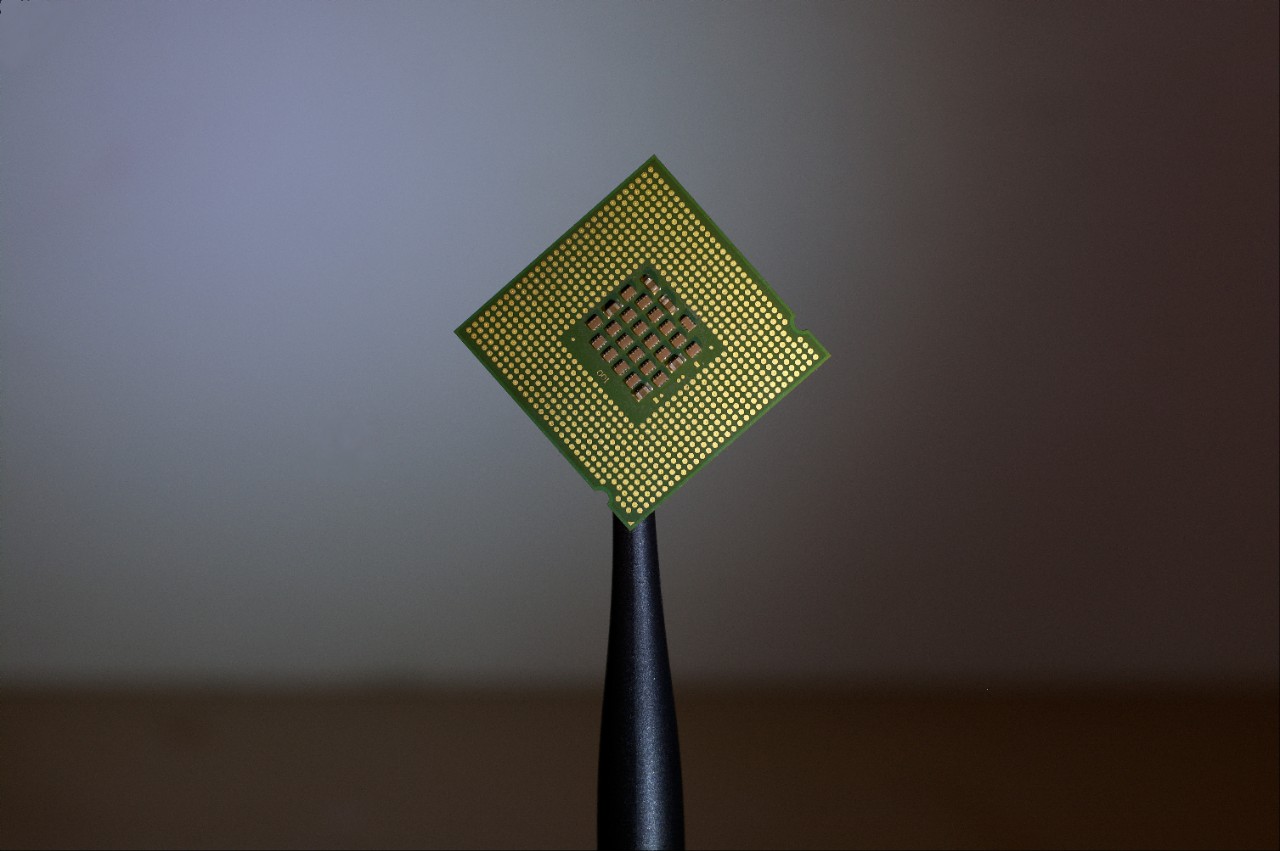
Phys.Org: How can computer chips predict the future of gene synthesis?
Phys.Org and other science outlets highlighted research by the University of Cincinnati that used the evolution of the computer chip to predict advances in the field of synthetic biology.
UC College of Engineering and Applied Science student Joseph Riolo, the paper's lead author, and distinguished research professor Andrew Steckl, an Ohio Eminent Scholar, said complex computer code is a useful comparison to examine how we might synthesize new genetic code.
"No analogy is perfect. DNA doesn't meet certain definitions of digital code," Riolo said. "But there are a lot of ways the genome and software code are comparable."
The study was published in the Nature journal Scientific Reports.
By using computer chip development as a guide, Steckl said we can infer the speed and costs of producing similar synthetic life might follow a similar trajectory as the performance and cost of electronics over time.
The study compared the number of bytes of code found in the software systems of luxury cars, fighter planes, and smart phone operating systems to the base pairs of genes found in a virus, a parasite and a human being.
Perhaps surprisingly, people have a far less complex genome than some other living things, including the marbled lungfish and a flowering perennial found in Japan.
UC's comparison of bytes to base pairs found comparable complexity.
"This combination of surmountable complexity and moderate cost justifies the academic enthusiasm for synthetic biology and will continue to inspire interest in the rules of life," the study concluded.
Featured image at top: A computer chip. Photo/Brian Kostiuk/Unsplash
More UC engineering research in the news

UC senior research associate Daewoo Han holds up electrospun fiber used in textiles and medicine. Photo/Joseph Fuqua II/UC Creative + Brand
Related Stories
Love it or raze it?
February 20, 2026
An architectural magazine covered the demolition of UC's Crosley Tower.
Social media linked to student loneliness
February 20, 2026
Inside Higher Education highlighted a new study by the University of Cincinnati that found that college students across the country who spent more time on social media reported feeling more loneliness.
Before the medals: The science behind training for freezing mountain air
February 19, 2026
From freezing temperatures to thin mountain air, University of Cincinnati exercise physiologist Christopher Kotarsky, PhD, explained how cold and altitude impact Olympic performance in a recent WLWT-TV/Ch. 5 news report.
